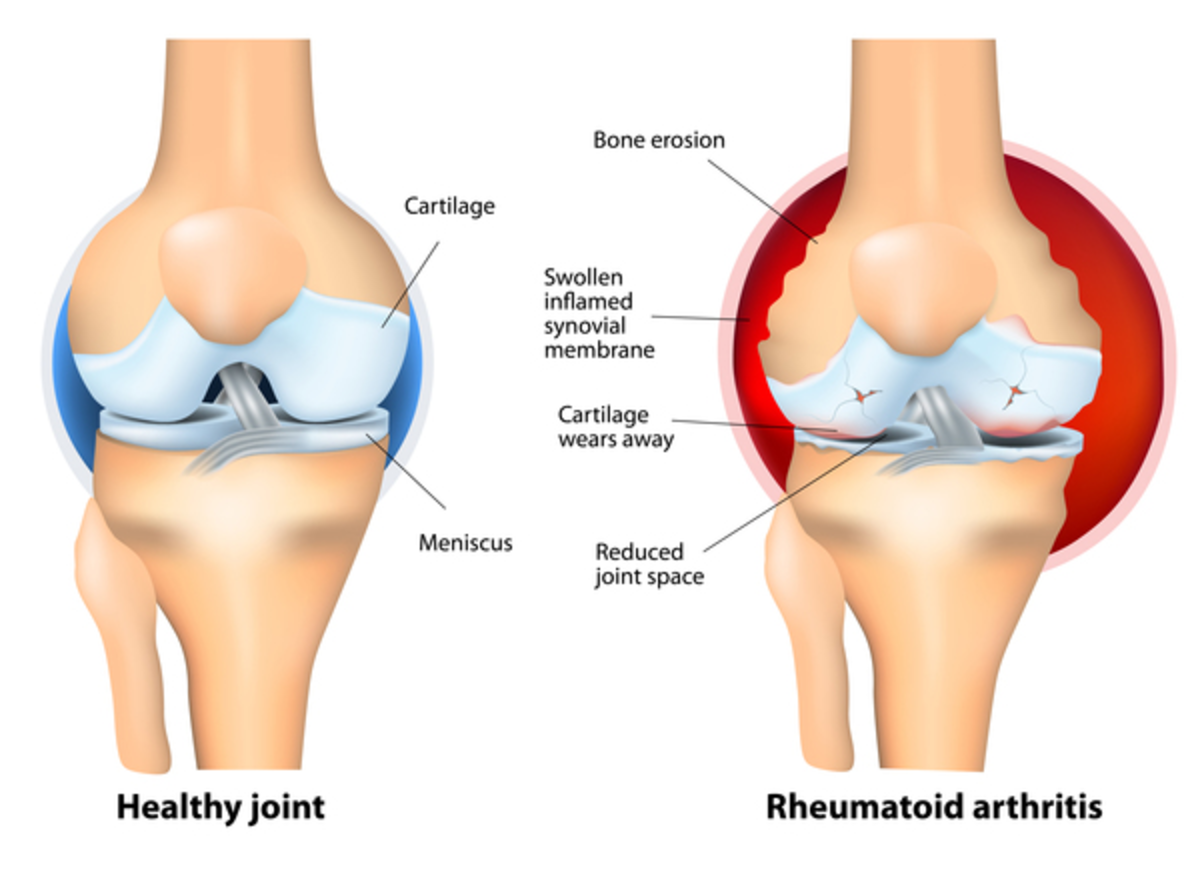
6. May pose a higher risk for certain cancers

According to the International Journal of Occupational and Environmental Health, researchers found that by feeding mice various levels of sucralose (Splenda), they found a higher incidence of leukemia in the male mice. Nothing has been formally established between cancer and Splenda, however, and more testing is still needed to confirm what the effects would be on humans.
7. Metabolic disorders

Let’s talk about metabolic syndrome that was mentioned previously. How does that actually work? According to Brian Hoffmann, assistant professor in the Department of Biomedical Engineering at the Medical College of Wisconsin and Marquette University, artificial sweeteners like Splenda contribute to altering the activity of genes that are responsible for breaking down macromolecules like proteins and fats. This ultimately leads to some frustrating metabolic issues.
8. Changes in overall gut health

Good bacteria is absolutely necessary for all of us. One study confirmed that sucralose (Splenda) might contribute negative effects to these good bacteria. Beneficial bacteria such as bifidobacteria and lactic acid bacteria were “significantly reduced”, and it did not improve or go back to normal 12 weeks after testing on their lab mice.
9. Chronic headaches

If you are constantly consuming artificial sweeteners and find yourself struggling with headaches very often, you might want to consider a natural sugar alternative!
10. Consistent pain

Many avid Splenda users got rid of their artificial sweeteners after discovering that it was causing chronic and consistent pain for them. It was so bad to the point where they felt they needed to crawl up the stairs or that they were developing arthritis. Nope, just Splenda! Read more reviews here.
Be sure to SHARE this article to spread awareness about Splenda. Choose healthier alternatives today!
